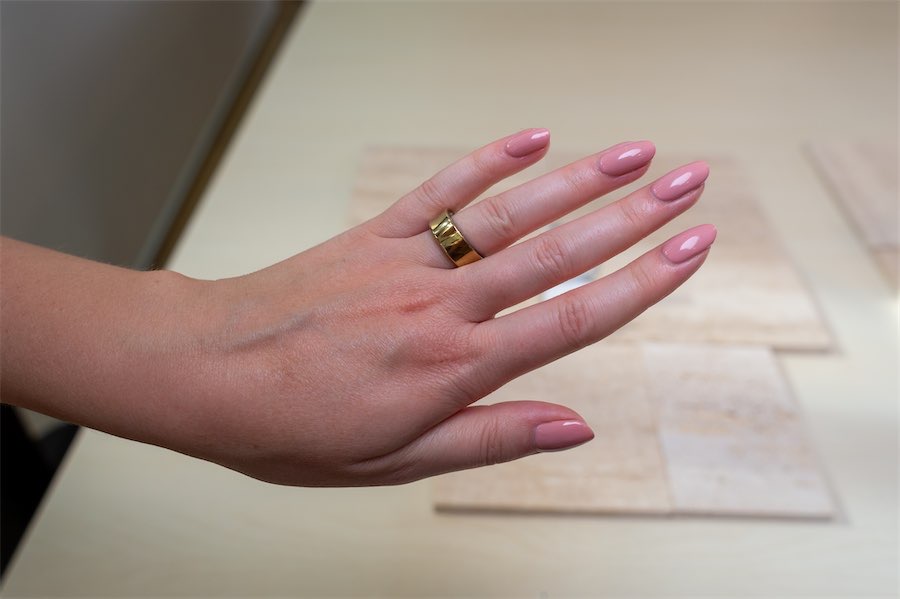
By Jennifer Dudley-Nicholson
Technology is about to compete for more space on your body, with one tech giant launching jewellery packed with health sensors in Australia.
Samsung announced plans to bring its first smart ring to the country on Wednesday, launching the Galaxy Ring three months after its US debut.
But the $699 device that one executive called the company’s “most personal product” will compete with a growing range of smart rings, and analysts say some Australian consumers are already eager to adopt the technology.
The Galaxy Ring, unveiled in July, will feature sensors to track exercise such as walking, cycling and running, sleep factors such as snoring and oxygen intake, and the wearer’s heart rate.
The device is not expected to compete directly with smartwatches, Samsung Australia wearables head Kylie Mason said, but some people might prefer one technology over the other, or choose to wear the smart ring to bed for comfort, for example.
“Most people wear watches all the time but this ring is an extension of our wearables category,” she told AAP.
“It’s probably the most personal product we’ve ever released.”
In other countries, the smart ring had proven most popular with male consumers, Ms Mason said, and Samsung would offer a 30-day “change of mind” policy with the technology, in case it did not fit into a buyer’s lifestyle.
“We just really want consumers to feel confident and give them that peace of mind that they can come in and try this product out with us,” she said.
Samsung’s device will compete with a growing range of smart rings, including the newly launched Oura 4 ($US349), RingConn Gen 2 ($US299), and Ultrahuman Ring Air ($US349).
Some of the rival devices, including the Oura, also charge users a monthly subscription to access health data.
The new style of wearable technology could prove popular with health-conscious Australian consumers, Telsyte senior analyst Alvin Lee said, particularly for times when wearing a large watch might not suit.
“Smart rings could offer a more comfortable option for night-time health monitoring compared to wrist-worn devices,” he said.
The company’s Wearable Device Market Study found one in four Australians knew about smart rings, and 29 per cent of that group were interested in buying a device.
Smart rings are most popular in the US, according to Cognitive Market Research, but the $374 million global market is expected to grow by more than 30 per cent by 2031.
Who can be trusted?
In a world of spin and confusion, there’s never been a more important time to support independent journalism in Canberra.
If you trust our work online and want to enforce the power of independent voices, I invite you to make a small contribution.
Every dollar of support is invested back into our journalism to help keep citynews.com.au strong and free.
Thank you,
Ian Meikle, editor









Leave a Reply